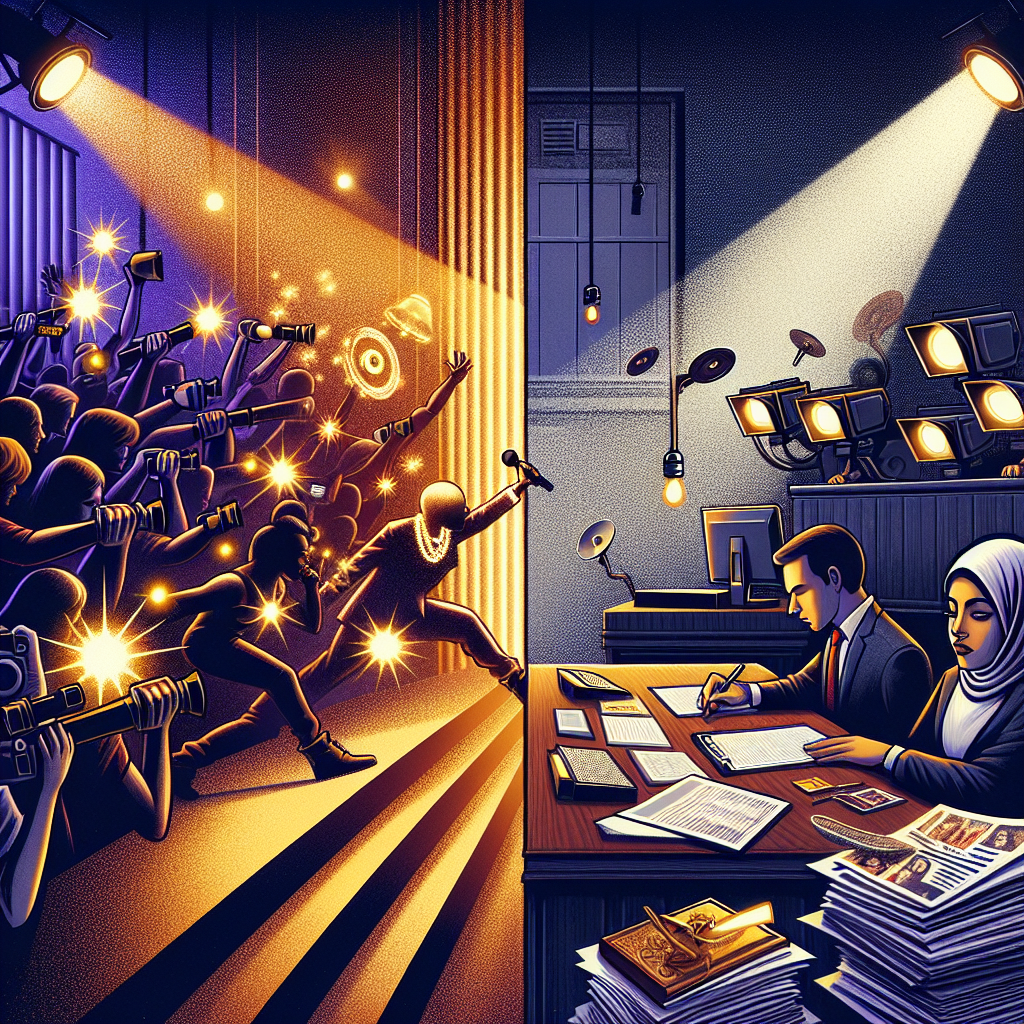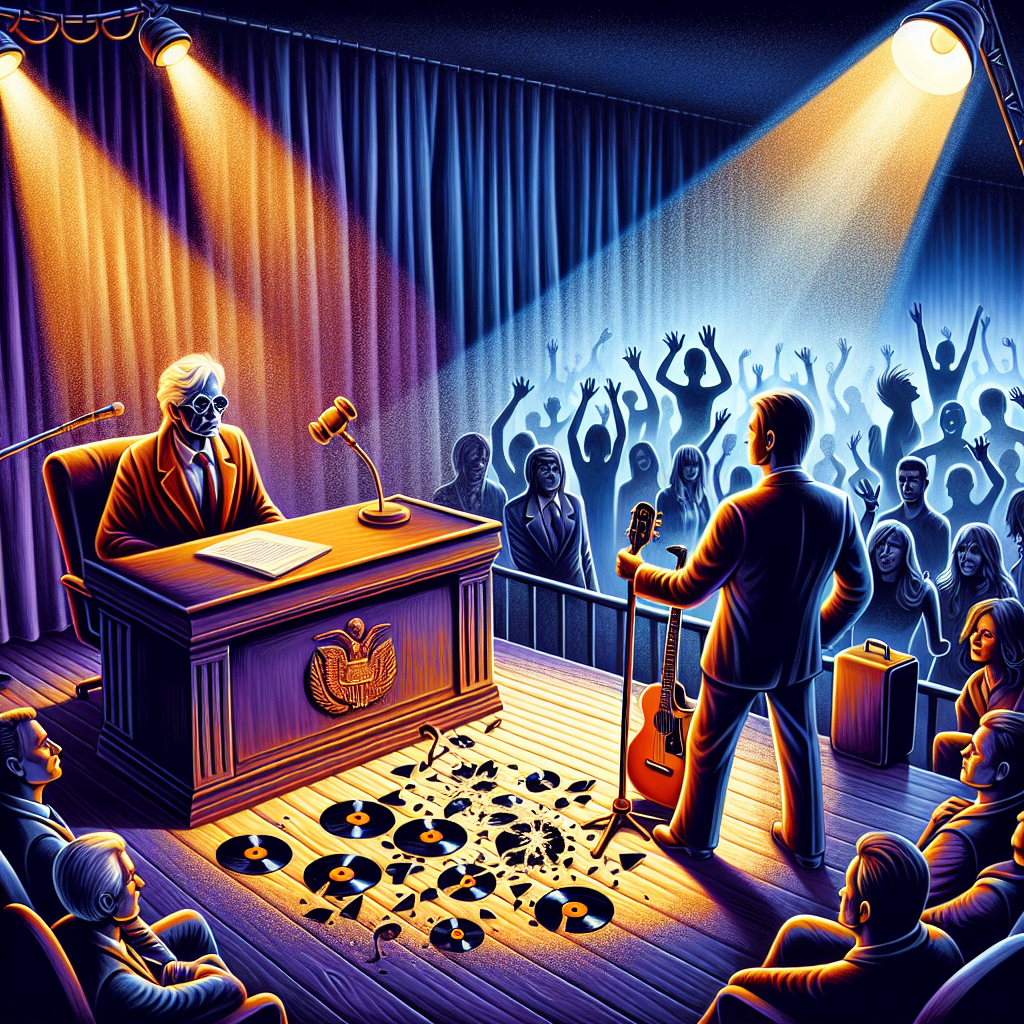Brace yourselves, culture rebels — because Mr. KanHey ain’t here to sip tea and whisper through scandals. We’re peeling back the velvet curtain on a spectacle that fuses fame, fury, and the fallout when artistry meets accusation. In the ever-hypnotic theater of hip-hop, today’s spotlight swings toward none other than the immortal verbal demolition artist — Busta Rhymes — caught in a clash not of titans, but of testimony.
Now grab your shades, because the glare from this legal limelight is blinding.
📣 Cue the opening act: Rhonda Terry, a former assistant to Busta — a man whose lyrical velocity has made time itself second-guess its tempo — has filed a lawsuit claiming that her tenure under the rap icon was nothing short of psychological squall. According to Terry, Rhymes allegedly “routinely degraded, screamed at, and made unreasonable demands,” transforming the assistant role into what she paints as a luxury-brand bootcamp from hell.
But wait—before you start curating your cancel-culture playlists—allow the artist himself to snatch back the mic.
In a response as bass-heavy as his ad-libs, Busta Rhymes has shrugged off the charges with the disdain of a seasoned showman who’s seen false narratives rise and fall like last year’s designer collabs. Calling the lawsuit “an attempted shake-down by a disgruntled former assistant,” Rhymes positions himself not as the villain but the target — a cultural lightning rod being struck by opportunism.
Let’s pause and remix that: Is this the cry of a wronged worker exhausted by behind-the-scenes brutality? Or is it a carefully choreographed plot twist in the ongoing soap opera that is celebrity servitude — where personal assistants often straddle the paradox of proximity and powerlessness?
This isn’t just about two people in conflict — it’s a cultural collision of labor, loyalty, and the luster of fame. When your boss is a rap demigod and your workplace is a permanent VIP zone, what defines a boundary? What rights protect the co-stars in the credits less traveled? Are assistants the silent architects of celebrity, or relics of a toxic stardom structure that treats support like servitude?
More importantly — what does accountability look like when filtered through diamond chains and platinum plaques?
Look — I ain’t here to play judge, jury, or social media executioner, and neither should you be. But don’t let this lawsuit slide past your radar like another forgettable clickbait scandal. Let it provoke the real revolution: How do we redefine work in the era of cultural icons and image empires? Is the line between passion and exploitation collapsing beneath the weight of unfiltered access?
Busta Rhymes has always thrived in chaos — Tasmanian-devil energy in human form, breaking necks one verse at a time — but fury that fuels art doesn’t always play well in the corporate HR manual. That’s the paradox — the avant-garde often punches through politeness to get to truth, but if that punch lands on people instead of perceptions, we’ve got a problem.
So here’s your cultural call-to-action: It’s easy to throw hands in the gladiator pit of public opinion. What takes vision — what takes guts — is reimagining the entire arena.
Let the courts handle the facts. Let the culture deal with the reflection. And let the future demand better from everyone — both those who shine center stage and those who hustle backstage.
Dare to be different — but never at the expense of decency.
Mic dropped.
– Mr. KanHey










